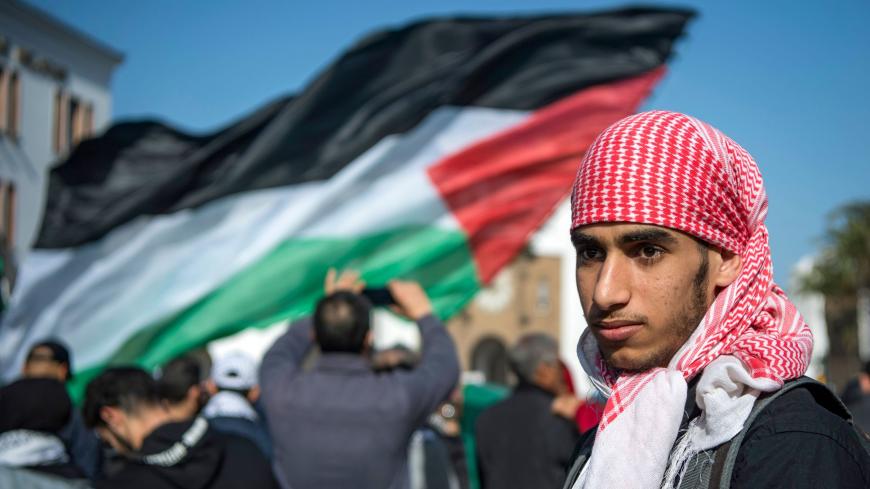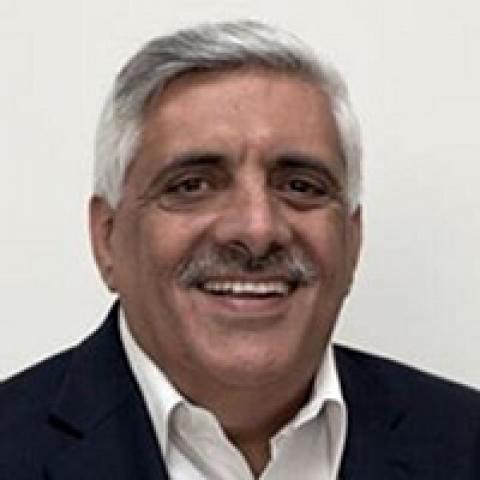Unlike their angry reactions to the United Arab Emirates, Bahrain and Sudan normalizing relations with Israel, the Palestinians have responded differently to the latest agreement by the Kingdom of Morocco. Palestinian President Mahmoud Abbas ordered all the top Palestinian leaders to stay quiet. Unlike the envoys to the Gulf countries, the Palestinian ambassador to Morocco was not recalled in protest.
The power in holding off on normalization as per the Arab Peace Plan until Israel agrees to withdraw from areas occupied in 1967 was only effective when all 57 Arab and Muslim countries upheld it. Once the consensus was broken, adding more countries to the list of normalizing states became progressively easier.



